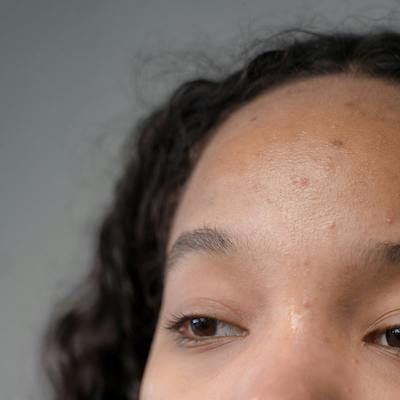Article
FDA Approves Ritlecitinib as First Drug for Adolescent Alopecia Areata
Author(s):
Ritlecitinib becomes the second JAK inhibitor approved to treat alopecia—and the first to be indicated for patients aged 12 years and older.

The US Food and Drug Administration (FDA) approved once-daily oral ritlecitinib (LITFULO) for the treatment of severe alopecia areata in patients ≥12 years old.
The approval granted to Pfizer makes the Janus kinase 3 (JAK3) and TEC kinases inhibitor the first drug indicated by the FDA to treat adolescents with the chronic hair loss condition. It is additionally the second systemic therapy approved to treat alopecia, after baricitinib (Olumiant) last June.
Ritlecitinib’s approval was supported by findings from the phase 2b/3 ALLEGRO trial, in which 21.9% more (95% CI, 14.7 – 30.2; P <.0001) of patients receiving the FDA-recommended 50 mg dose reported achieving a Severity of Alopecia Tool (SALT) score of ≤20 by week 24, indicating hair regrowth.
The randomized, double-blind, multicenter trial included 718 patients aged ≥12 years old with ≥50% scalp hair loss due to alopecia areata. Beyond the 24-week primary efficacy endpoint assessment, investigators additionally observed the drug’s safety outcomes through 48 weeks; more than 80% of ritlecitinib-treated patients reported an adverse event. The most common adverse events through 24 weeks included headache, diarrhea, acne, rash, urticaria and more.
An open-label, phase 3 assessment of ritlecitinib patients, ALLEGRO-LT, is ongoing.
In a recent episode of Medcast, Brett King, MD, PhD, of Yale School of Medicine, emphasized the significance of both achieving clinical trial benefit for adolescents with alopecia areata, as well as in securing an FDA-indicated drug for the younger population. Approximately 7 million Americans suffer from alopecia areata, with about 1 in 5 cases being diagnosed prior to age 18.
“We can’t say enough how important that is,” King said. “This is a disease that often affects children and adolescents, and so we need drugs that are safe and effective down to younger and younger ages. So ritlecitinib has huge promise.”
An inhibitor of the JAK3 and TEC kinases, ritlecitinib was designed to block cytokine and cytolytic T cell activity implicated in alopecia area’s pathogenesis. It is currently being investigated by Pfizer for the treatment of vitiligo, Crohn’s disease and ulcerative colitis.
The FDA recommended against its use in combination with other JAK inhibitors, biologics, cyclosporine or other potent immunosuppressants. As a JAK3 inhibitor, the agent is associated with an increased risk of death in persons ≥50 years old with ≥1 cardiovascular risk factor; it’s additionally associated with risk of major adverse cardiovascular events (MACE) in the same patient population.
In a statement accompanying the approval, Nicole Friedland, president and chief executive officer of the National Alopecia Areata Foundation, expressed excitement for the continued development of agents for this patient population—especially those who are younger.
“People living with alopecia areata are often misunderstood, and their experience is frequently trivialized as ‘just hair.’ However, it is a serious autoimmune disease that can have considerable negative impact beyond the physical symptoms,” Friedland said. “We believe the approval of ritlecitinib is a significant advancement for the treatment of alopecia areata, particularly for teens.”
References
- Pfizer. FDA Approves Pfizer’s LITFULO™ (Ritlecitinib) for Adults and Adolescents With Severe Alopecia Areata. Press release. Published June 23, 2023. https://www.pfizer.com/news/press-release/press-release-detail/fda-approves-pfizers-litfulotm-ritlecitinib-adults-and
- King B, Zhang X, Harcha WG, et al. Efficacy and safety of ritlecitinib in adults and adolescents with alopecia areata: a randomised, double-blind, multicentre, phase 2b-3 trial [published correction appears in Lancet. 2023 Jun 10;401(10392):1928]. Lancet. 2023;401(10387):1518-1529. doi:10.1016/S0140-6736(23)00222-2
- Chovatiya R, Han G, King B. Novel Mechanisms of Action for Treatment of Alopecia Areata. HCPLive. Published April 3, 2023. https://www.hcplive.com/view/novel-mechanisms-of-action-for-treatment-of-alopecia-areata




